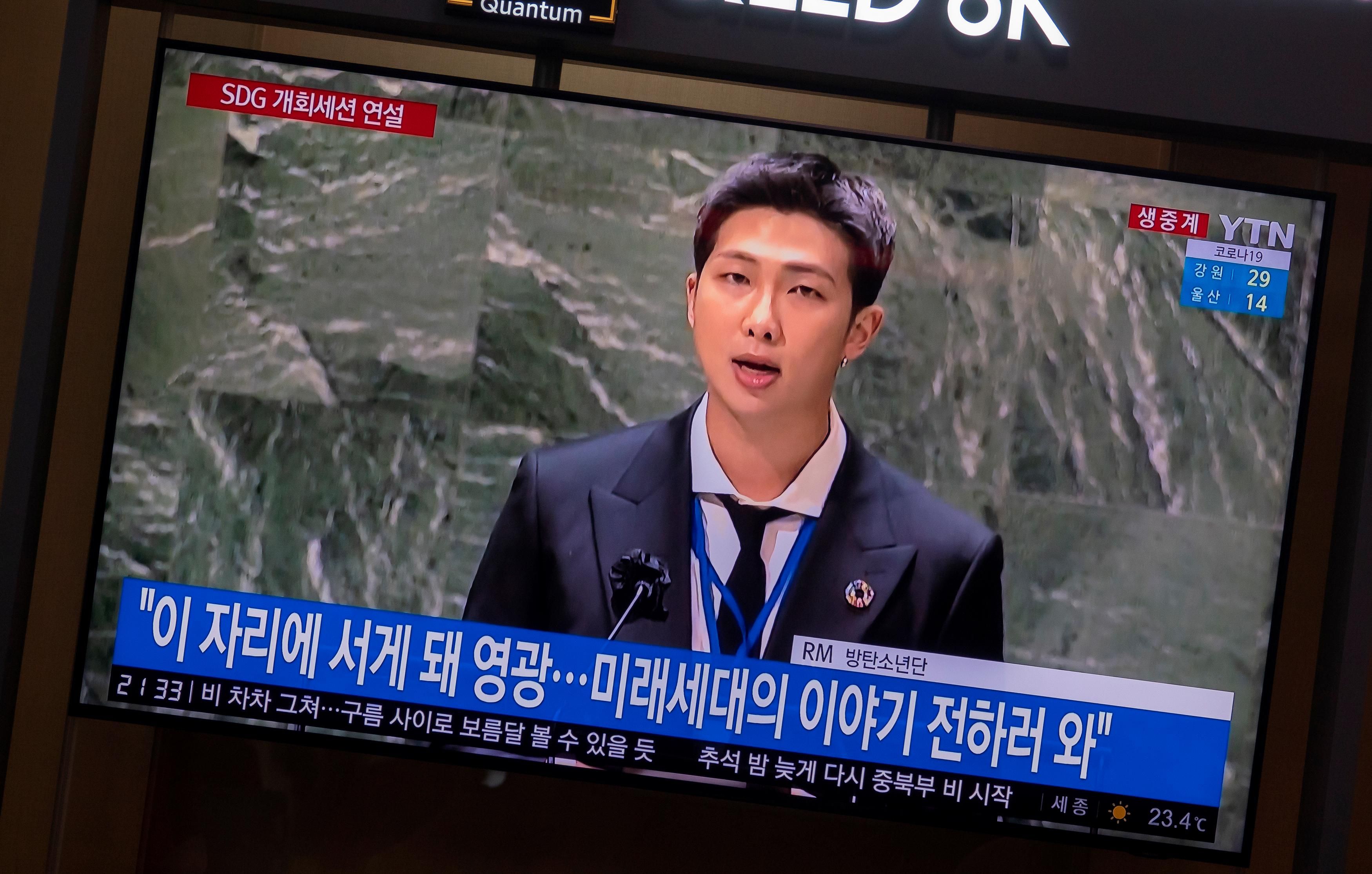Hard Numbers: BTS make UNGA go viral, many virtual speeches, US pledges more climate cash, Libyan no-confidence vote
6.4 million: More than 6.4 million viewers tuned in live to watch K-pop band BTS give a speech at the UN General Assembly on Monday, where they called for young people to get vaccinated and become involved in fighting climate change. It's the most-watched clip ever on the UN's YouTube channel, shattering the previous record set by Emma Watson in 2014. By contrast, only a few thousand viewers checked out US President Biden's speech live the next day.
60: Although more than 100 world leaders traveled to New York to attend this year's UN General Assembly in person, 60 heads of state opted instead to send pre-recorded speeches. The list includes China's Xi Jinping, Russia's Vladimir Putin, France's Emmanuel Macron, and Iran's Ebrahim Raisi.
11.4 billion: President Biden announced on Tuesday that the US will donate $11.4 billion annually over the next three years to help developing nations combat climate change, double the amount previously committed. Still, it's less than half what the European Union, with a smaller economy than America's, gives per year now for the same goal.
89: While the representative of Libya's UN-backed government prepared to address the UN General Assembly on Tuesday in New York, 89 out of 113 members of Libya's lower house of parliament voted to oust the same government from power. The upper house then rejected the resolution, casting further doubt on the UN-led peace process that aims to hold elections in December after a decade of civil war.